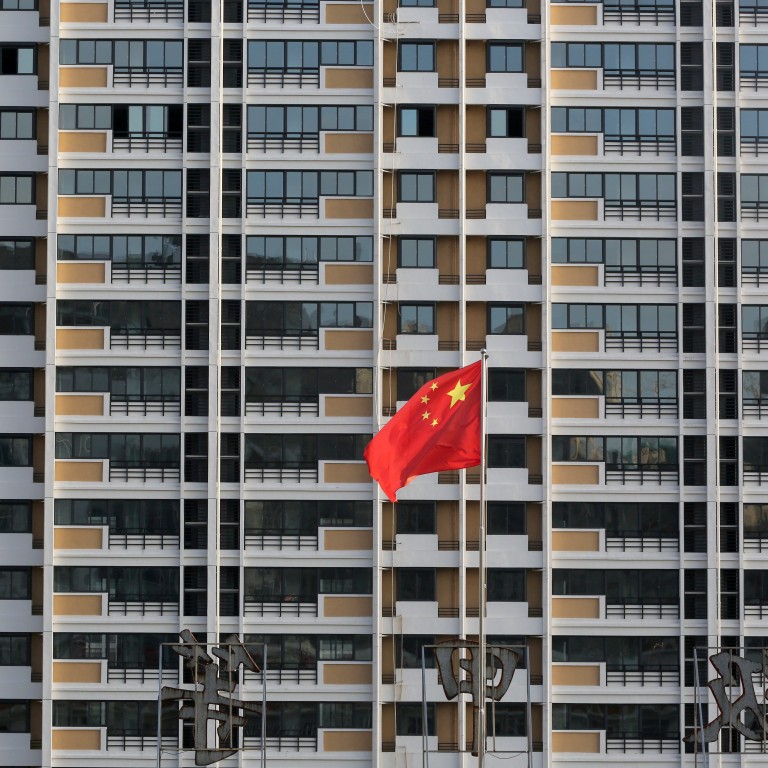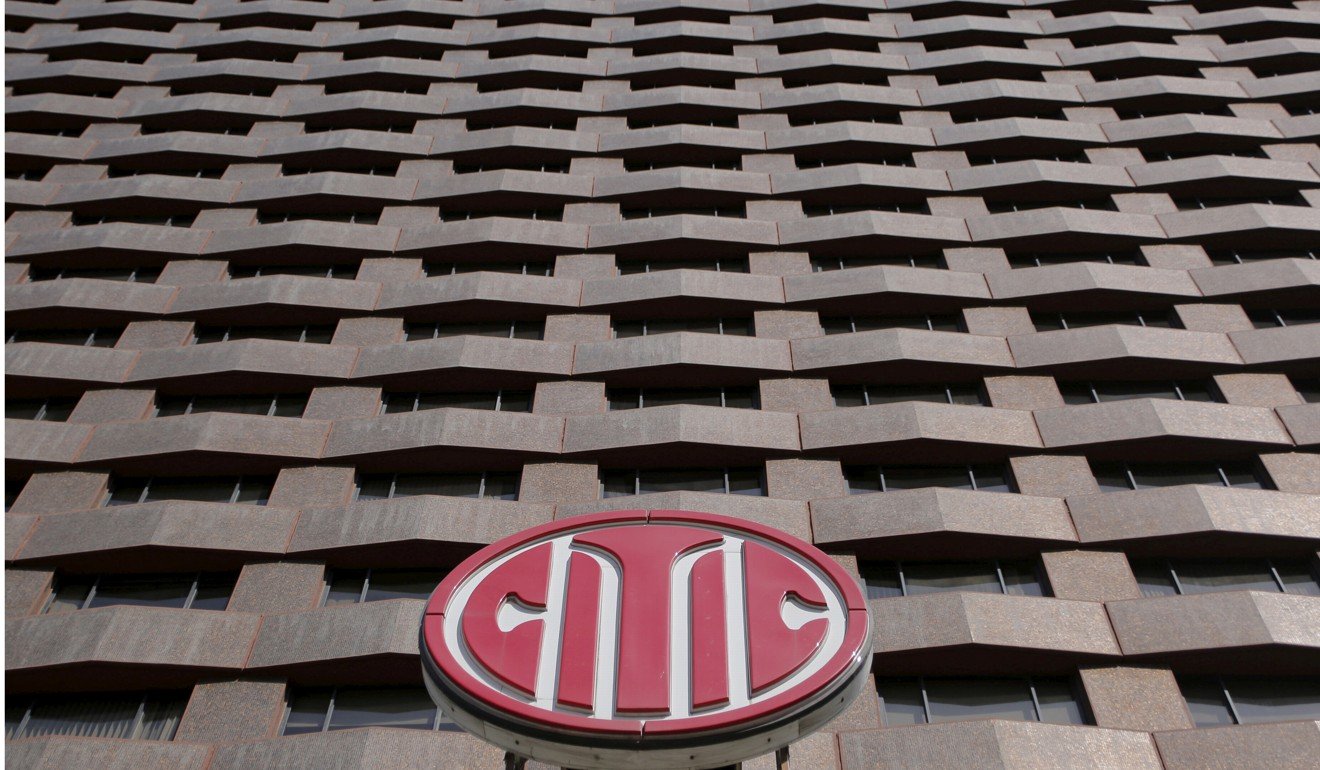
China’s top property developers to get bigger amid tightened funding, with mid and small firms forced to sell assets to survive
- Two-thirds of China’s 100,000 property companies will vanish in about 10 years, economist says
- Tightened trust financing to hit medium-sized companies the most, brokerage says
The latest tightening in funding might drive a fresh round of consolidation among mainland Chinese property developers, with an acceleration in acquisition of land and assets by the biggest players, analysts said.
The biggest developers are expected to grow at the expense of smaller rivals, with their performance increasingly deviating from the industry average.
“Foreign investors are too bearish about Chinese developers … they see slower sales and heightened government curbs. But what they may miss is the biggest developers have outperformed the industry average by a wider margin in recent years,” said Edwin Chen, property analyst at Swiss bank UBS.
The consolidation within the industry has been gaining momentum since 2016, but will accelerate thanks to the latest policy and funding headwinds.
Sales growth at the 19 biggest developers tracked by Citic Securities, China’s largest investment bank, beat the industry average by about 10 percentage points in 2011-15 and 23 percentage points in 2016-18. In 2017, a bleak year for developers, the biggest companies beat the average by 38 percentage points.
China’s developers change tack as single women emerge as new buyers
Huang Qifan, a former mayor of Chongqing and economist, forecast that two-thirds of China’s 100,000 property companies will vanish in about 10 years.
The recent tightening of trust financing, an attempt by the government to insure developers do not buy land at elevated prices, hit medium-sized companies the most, according to Shanghai-based investment bank and brokerage firm Orient Securities. This is because compared with the bigger companies, they rely much more on trusts for expansion. As for small companies, they have already given up on expansion.
“Under greater liquidity stress, more mid-tier developers will sell assets to the biggest companies, speeding up consolidation,” said Zhu Jing, property analyst at Orient Securities.

China Overseas Land and Investment (Coli), a state-owned property giant, sold a 10-year US dollar bond at 3.45 per cent coupon this month, the lowest among mainland Chinese developers even as the cost for smaller private developers surged. Tahoe Group this month offered a 15 per cent coupon for its US dollar bond.
Underpinned by low funding costs, China’s biggest developers were able to increase their land bank even as medium and small companies dialled back their investment. Coli made the headlines mid-July for acquiring a plot in Beijing for 7.9 billion yuan (US$1.1 billion), the city’s most expensive piece of land this year. The company has ploughed 79.6 billion yuan into land this year, behind only Country Garden and Sunac China.
China’s cash-rich developers go rural for opportunities, political currency
Some medium-sized companies, meanwhile, have had to sell assets. Seazen Holdings, China’s most aggressive developer before its former chairman was arrested on criminal charges, had to sell projects worth a total of 15 billion yuan to stay afloat. Tahoe Group and China Minsheng Investment Group had to similarly dispose of assets to clear their debt following aggressive expansion activity.
“Banks are much more willing to lend to big state-owned developers, especially when the industry faces downward pressure. [Even among] private developers, banks cooperate with the biggest [firms],” said Siu Fung Lung, analyst at Hong Kong-based investment bank CCB International.
“For consumers, the quality of products may be more consistent across the board, given the larger players tend to have better quality concepts,” said Adrian Cheng, director with Fitch Ratings.

